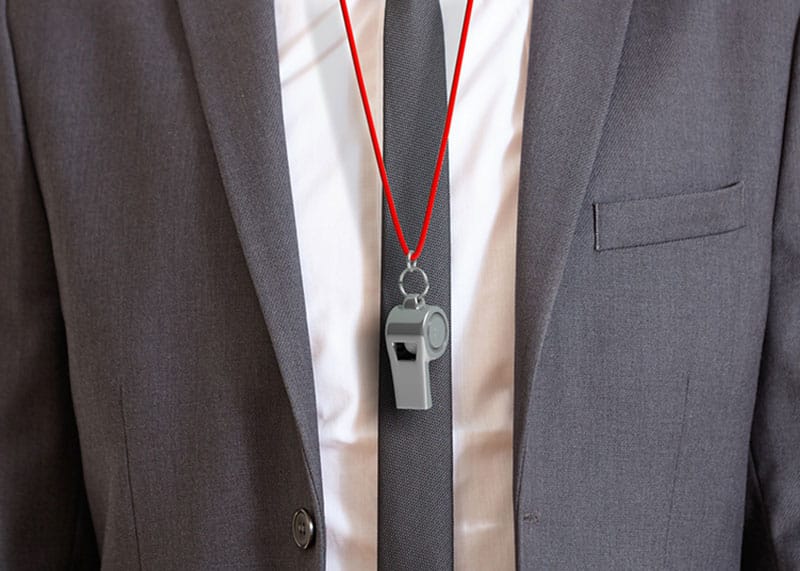The U.S. Merit System Protection Board: At Best Politicized and at Worst Non-Existent

The U.S. Merit System Protection Board (MSPB) is the sole venue to adjudicate whistleblower complaints and anti-retaliation claims brought by federal employees. Alas, as recently reported on CBS News’ 60 Minutes, the Board has been deprived of quorum since January 2017 and completely vacant as of March 2019 on account of a nomination holdup in the Senate. As a result, whistleblower claims are neglected, and the federal government deprived of its frontline defense against federal corruption. When recommenced, the MSPB will face a backlog of at least 2,500 appeals – the largest in MSPB history.
However, even when fully functional, the MSPB is plagued by structural issues that make it entirely inadequate for assessing whistleblower tips and weeding out the fraudulent activity and personnel that inspire their complaints. As a testament, federal employees win only three percent of cases. With the nomination holdup, ninety-seven percent of federal whistleblowers lack any resort for appealing negative decisions. Federal employees and their advocates have, for years, derided the political nature of the MSPB and protested the inability for whistleblowers to appeal MSPB’s politically influenced decisions in federal court.
As mandated by the Civil Service Reform Act of 1978, “The Merit Systems Protection Board is composed of three members appointed by the President, by and with the advice and consent of the Senate, not more than two of whom may be adherents of the same political party.” In owing their allegiance to one political party or another, MSPB Board members lack the neutrality necessary to confront whistleblower complaints prone to politicization – the 2019 presidential impeachment hearings testament. The nomination holdup itself is politically motivated: no quorum means federal whistleblowers effectively have no rights.
Federal whistleblowers need access to neutral justice in federal court. Only when there is a clear legal error by MSPB administrative law judges, who often lack judicial qualifications, will federal courts circumvent the Board to hear an appeal. And only when there is a “mixed case” involving alleged discrimination can the federal whistleblower file directly in federal court. Otherwise, a federal whistleblower is at a huge disadvantage when it comes to enjoying their constitutionally guaranteed right to due process. Instead, federal employees’ claims, and often their livelihoods, are left to the whims of a single administrative law judge or the three-person panel MSPB, which is at best politicized and at worst non-existent.
It will take a lot more than confirming MSPB nominees to protect federal whistleblowers. However, the inadequacies of the MSPB must not discourage federal employees from blowing the whistle on wrongdoing in government. Whistleblower rights are constantly being ruled upon, and navigating the rules surrounding federal whistleblowers can be incredibly difficult. Federal whistleblowers must obtain legal representation as soon as they decide to take action and file a claim to better navigate the various whistleblower programs from the initial report through to appeal.
Learn more about Federal Whistleblower Protections and about how you can help.
Latest News & Insights
May 9, 2025




